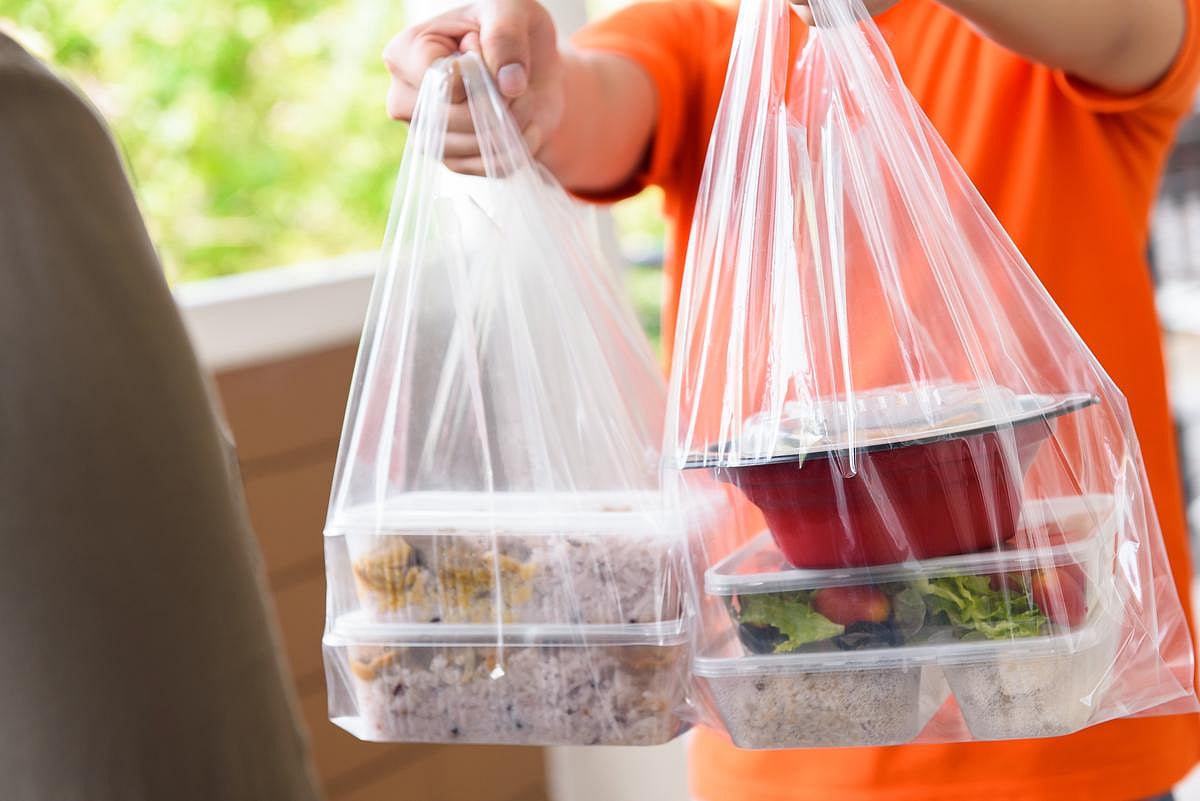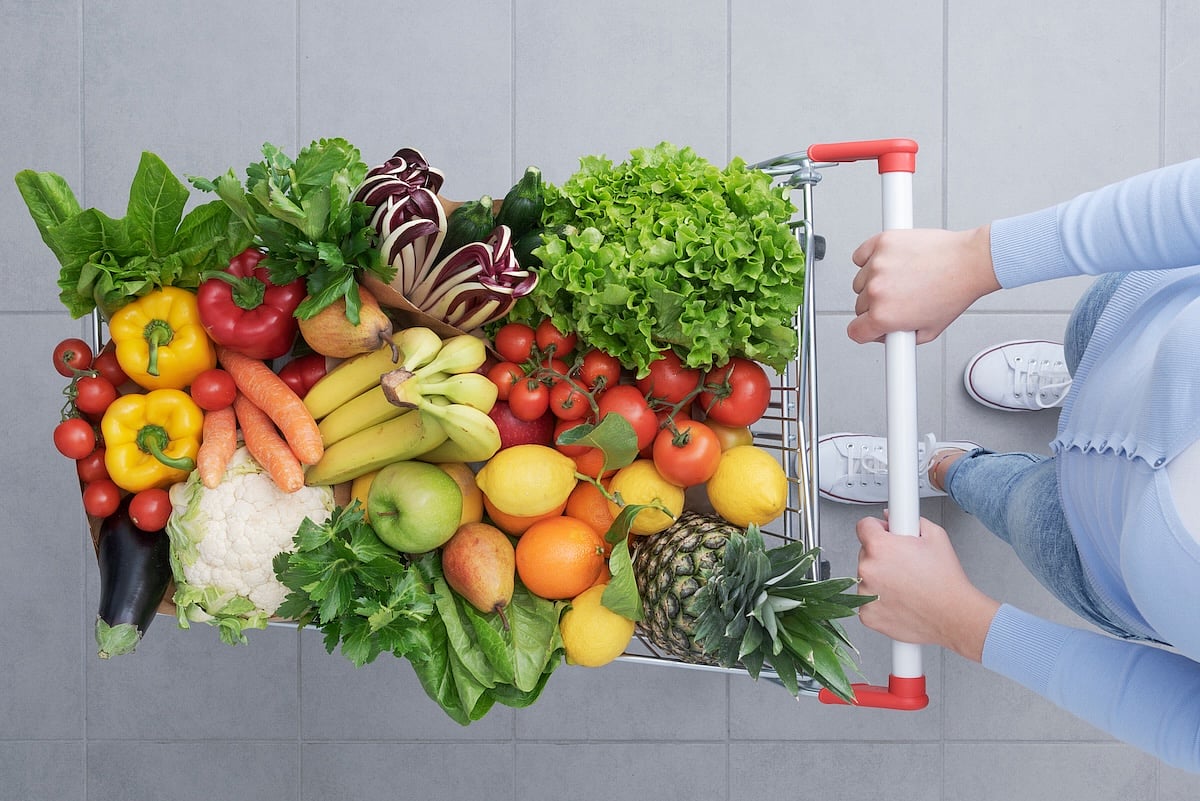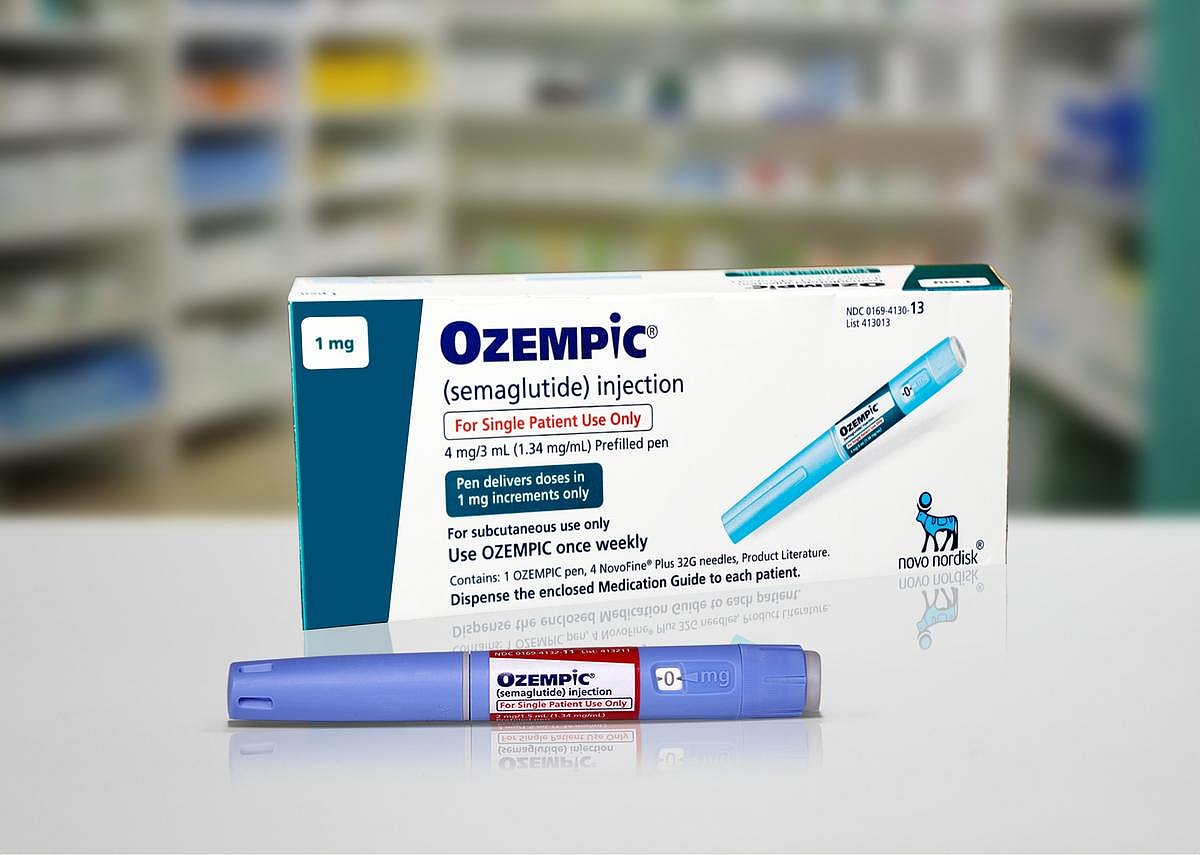
New research suggests that older adults, particularly Generation X women, have high rates of addiction to ultra-processed foods, such as fast food, sugary drinks and packaged snacks. These products — made with high levels of fat, salt and sugar to maximize their appeal — appear to be catching up with the very first generation, now… read on > read on >














.jpg)















